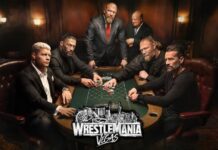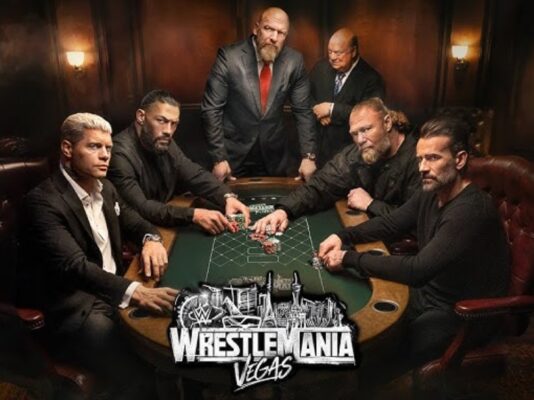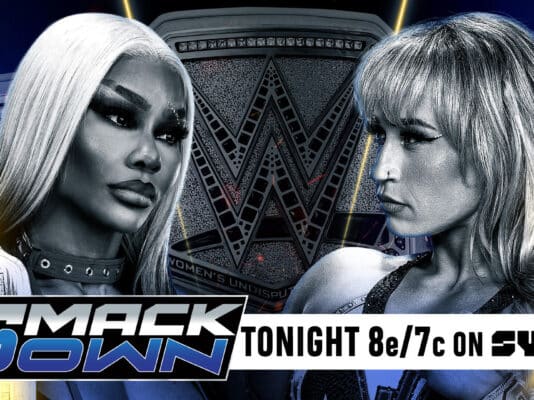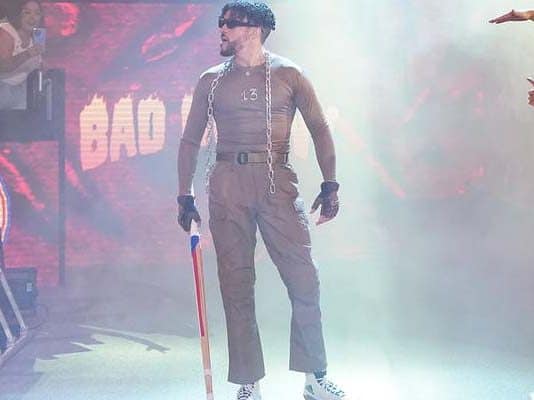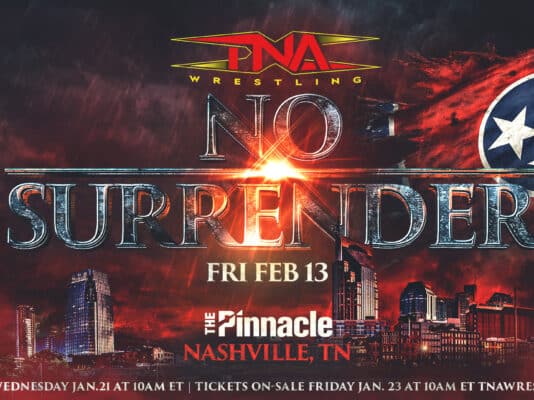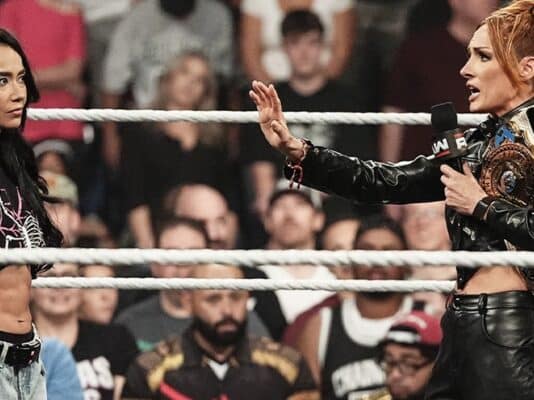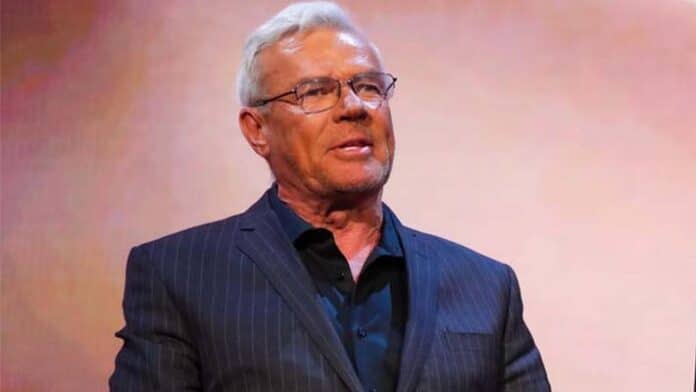
WWE Hall of Famer and former WCW President Eric Bischoff appeared on an episode of his 83 weeks podcast, where he talked about a number of topics including a two-hour show being easier to produce than a three-hour show.
Bischoff said, “Absolutely easier to be more consistent and produce high quality shows with a two-hour format than a three-hour format. It’s — I mean look, it doesn’t matter what your favorite television series may be, if you sell three hours of it once a week, 52 weeks a year, it wouldn’t probably be your favorite show for very long. It’s just difficult. But I think the two-hour format — because it’s easier to produce, because it’s easier to hold the audience’s attention. Because it’s easier in many ways to build anticipation and tell a story that will resonate within a two-hour format, as opposed to a three, I think it’ll increase the overall action to the show. I think you’ll grow the audience, I think more people watch wrestling. I think more people will make a commitment to invest two hours and then make a commitment to invest three hours. I think all in all, it would be a good move in the long run. In the short term, yeah, you’re giving up some revenue. Because there’s an hour less content, there’s an hour less opportunity to make money. But in the long term, I think the success of the show will be enhanced with a two-hour format versus a three.”
On why WCW changed The Sandman’s entrance from what he did in ECW:
“This is standards and practices. And yep, we previously had seen Big Show come out with a cigarette, probably a year before this perhaps. Whenever it was. Sandman coming down with a cigarette didn’t necessarily pose a problem. Drinking alcohol, for us in WCW and Turner Broadcasting at the time, was a standards and practices issue. Clearly it was not in WWE, because [Steve] Austin was making chugging beer famous. And it was doing extremely well. But this is another one of the — you know, seemingly little [things].”
“I said in the documentary, Who Killed WCW?. The death of WCW, if you want to call it a death, was by 1,000 cuts. It wasn’t any one thing. And one of those cuts — two of them now, that we’ve seen already in this show in 1999, was one, the obvious reduction in the budget production budget so that we couldn’t have the type of energetic open and to reaffirm to the audience that there’s a really good reason to be here tonight, and all that good shit. We had to lose that, we’re losing a little bit of creative freedom with regards to standards and practices. All the while WWE is turning up the volume on the Attitude Era. This is just a perfect kind of juxtaposition between what was really going on in WCW behind the scenes. Not in the ring, not in the locker room, I’m talking about WCW’s business. Looking at the juxtaposition here against what WWE was doing in time. It was pretty amazing.”
On whether WCW had talks with Sable:
“Somebody else — again, a Terry Taylor, Kevin Nash, or somebody may have had a conversation with her about her that didn’t make it to me. But I never had any conversations with anybody about Rena Mero. I’m not even sure she was interested in coming. I think she was interested in stirring some s**t up.”
You can check out the complete podcast in the video below.
(H/T to 411Mania.com for transcribing the above quotes)

